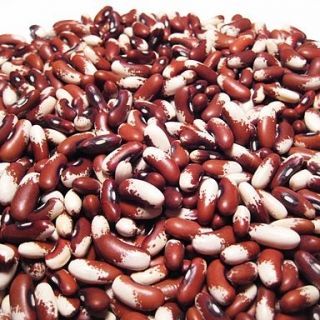
Nutrition in a time of drought
By a worker in Southest Asia
The rains didn’t come. The crops didn’t grow. Many people struggled to find food.
The situation grew so dire that the government of our country in Southeast Asia declared a state of calamity.
As we serve our Muslim friends, we aim to build pillars of trust, often by showing them the physical, tangible love of Jesus. Ongoing health education is a key part of this effort.
The drought created critical health needs, so our health lectures became even more necessary. For instance, in one lecture, we talk about serving food that is tasty, nutritious and affordable. These lessons proved very practical as families foraged in their neighborhoods for nutrient-dense plants and sought out low-cost protein sources.
In four communities, we partnered with another organization to provide high-protein food bundles to desperate families. These $5 packs contained items like canned and dried fish, beans, milk powder, peanut butter and eggs. The neediest families were chosen based on input from community leaders.
As we discuss health and nutrition, we integrate the story of Daniel and how God honored him as he obeyed God by eating the vegetables God provided and still thrived. We encourage our friends to pray when there is a need, and we remind them of the provision of God that came through these $5 packages of nutrient-dense food.
Though this project required a good amount of time and labor to purchase, transport and sort the food, it was definitely worth the investment to see hundreds of people suffering from hunger be able to eat nutritious food.
Since early June, God has so beautifully restored the healing rain to our region. The drought was severe, but now it’s over. Thank God we were able to bring the message of Jesus to our friends who have suffered so much.
Photo by Liveon001 © Travis K. Witt (Own work) [ CC BY-SA 3.0 or GFDL ], via Wikimedia Commons
Additional Posts




